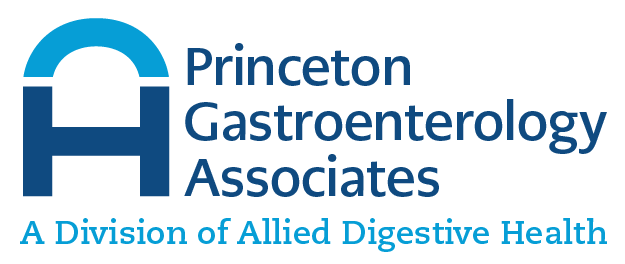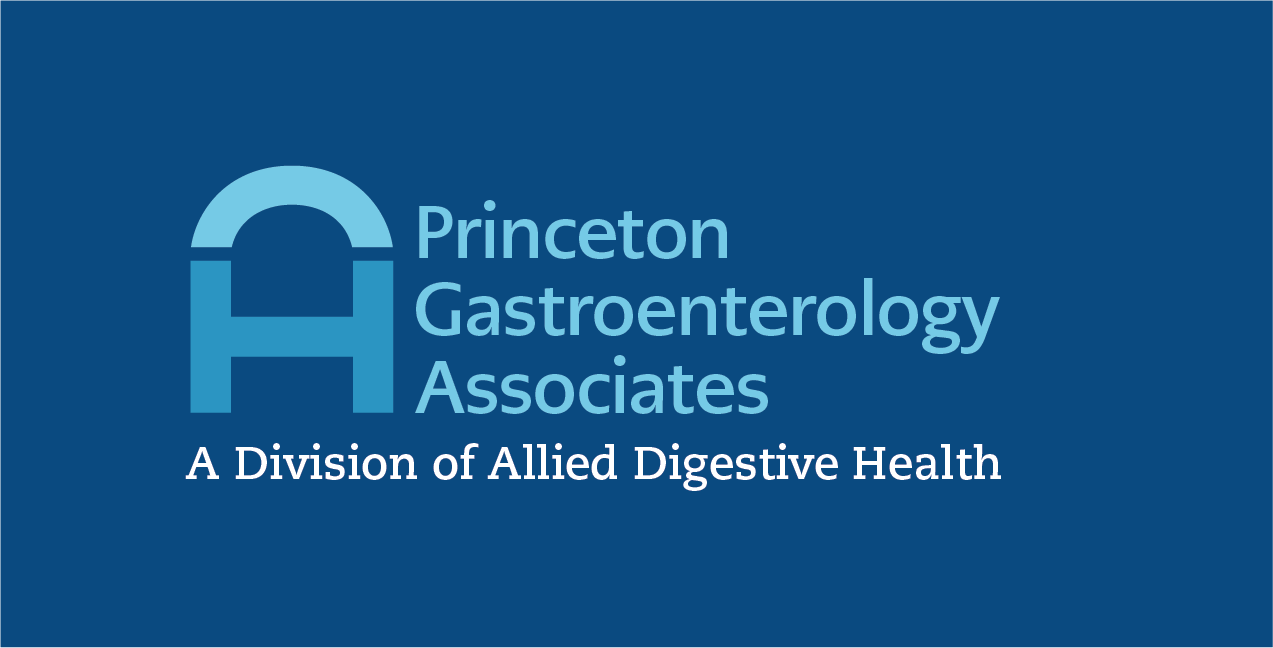If you feel a burning sensation in your throat or you have chest pains after eating, acid reflux could be the culprit. Acid reflux or GastroEsophageal Reflux Disease (GERD) occurs when stomach acid backs up into your esophagus. This may cause heartburn and it is only one of many other symptoms of GERD.
Acid Reflux/GERD Symptoms
- Burning sensation in your chest (heartburn),
- Burning sensation in your throat and a sour taste in your mouth
- Chest pain or gas pains in your chest
- Difficulty swallowing (dysphagia)
- Dry cough
- Hoarseness or a sore throat
- Regurgitating food or a sour liquid (acid reflux)
- Feeling of a lump in your throat
When you swallow, a muscle called the lower esophageal sphincter (LES) relaxes to allow food and liquid to flow down into your stomach, and then it closes again. Sometimes, this muscle relaxes abnormally or weakens causing stomach acid to flow back up into your esophagus. This backwash of acid can irritate the lining of your esophagus, making it inflamed. Over time, the inflammation can erode the esophagus and lead to complications such as bleeding or difficulty swallowing.


